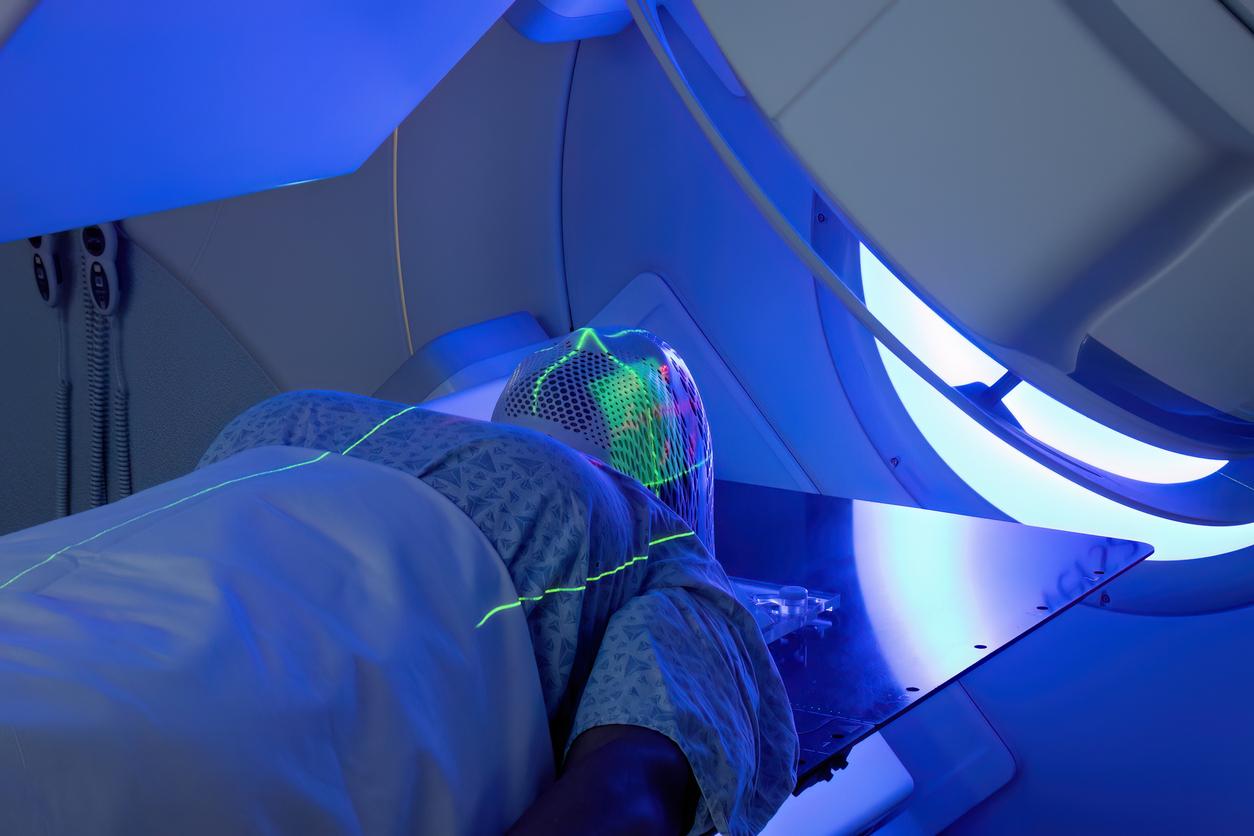The Covid-19 epidemic has had a considerable (and negative!) Impact on cancer management: here is the conclusion of a survey carried out in February 2021 with 100 doctors specializing in oncology, hematology, surgery and radiotherapy by the Iqvia brand.
We first learn that, while before the start of the pandemic, oncology specialists received an average of 66 patients per week, this figure fell to 37 in June 2020 and to 47 in February 2021.
In addition, 59% of the doctors questioned consider that they have diagnosed fewer cancers during the month of February 2021. “This is explained by a slowing down of early detection actions, but also by postponement of imaging appointments, biopsies and other diagnostic tests.“notes Iqvia. The cancers most affected by these diagnostic delays are (not surprisingly) breast cancer, colorectal cancer and lung cancer.
Containment: a cancer screening exam is a compelling reason
The health crisis has also complicated things for cancer patients: thus, in February 2021, 45% of the specialists solicited noted postponements of chemotherapy and 52% of changes in treatment protocols to favor oral treatments. In addition, because of Covid-19, appointments are increasingly made by teleconsultation (20% of consultations have been carried out remotely since October 2020).
Changes that only worsen the morale of patients: according to the doctors questioned, 32% of them suffer from not being able to see their family, 42% have difficulties in following their treatment correctly because of teleworking and 27% are in financial difficulty.
As a reminder, despite the confinement, the three national organized screening programs (breast cancer, colorectal cancer and cervical cancer) are continuing: “this choice aims to limit the loss of opportunity for the people concerned (…) The loss of luck is the result, depending on the program, of the delay in detecting precancerous lesions and cancers, and is linked to lower chances of recovery and potentially greater risk of sequelae.“specifies theNational Cancer Institute. In short, even confined, it remains in-dis-pen-sable to be tested!
Source: Iqvia press release.
Read also :
- Blue Mars: colorectal cancer screening in 9 questions / answers
- Prostate cancer: diagnosis, symptoms, treatments
- Cancer: 4 questions we ask ourselves about lymphoma

















